Growing up in an urban slum in the Philippines
Ronita lives in a cramped, single room dwelling in a crowded slum in the Philippines. She desperately yearned to create a better life for herself and her two young children.
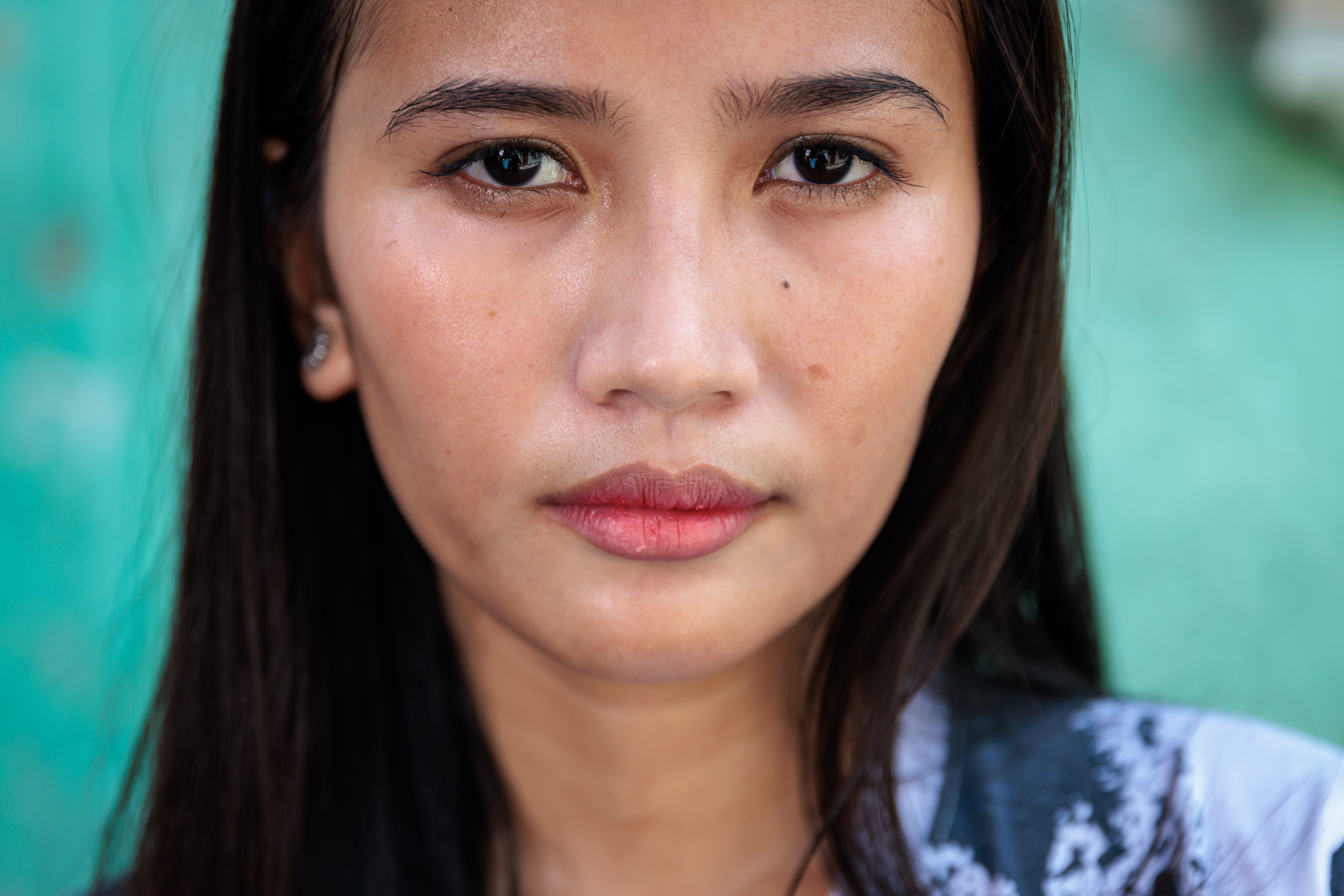
Ronita is 22 years old and lives in Quezon City, Philippines. Photo: Richard Wainwright/Caritas Australia
Ronita did not have an easy childhood. She was bullied by students and teachers at school, which impacted her self-esteem. Teenage pregnancy followed, threatening her education and dimming her hope to break the cycle of poverty.
It wasn’t long before Ronita found herself living in survival mode. She lived in a small 10 square metre room with two small children, overwhelming responsibilities and a husband who worked 7 days a week from 3am till 9pm.
A young mum battling the cycle of poverty
The challenges of becoming a young mother while grappling with the difficulties of poverty severely restricted Ronita’s opportunities to escape the vicious cycle.
Ronita so desperately wanted to give her children quality healthcare, nutrition, and opportunities, but without the financial means, it was very hard. The mental and physical wellbeing of herself and her family felt severely at risk along with her chances to create a future for her children outside of poverty.
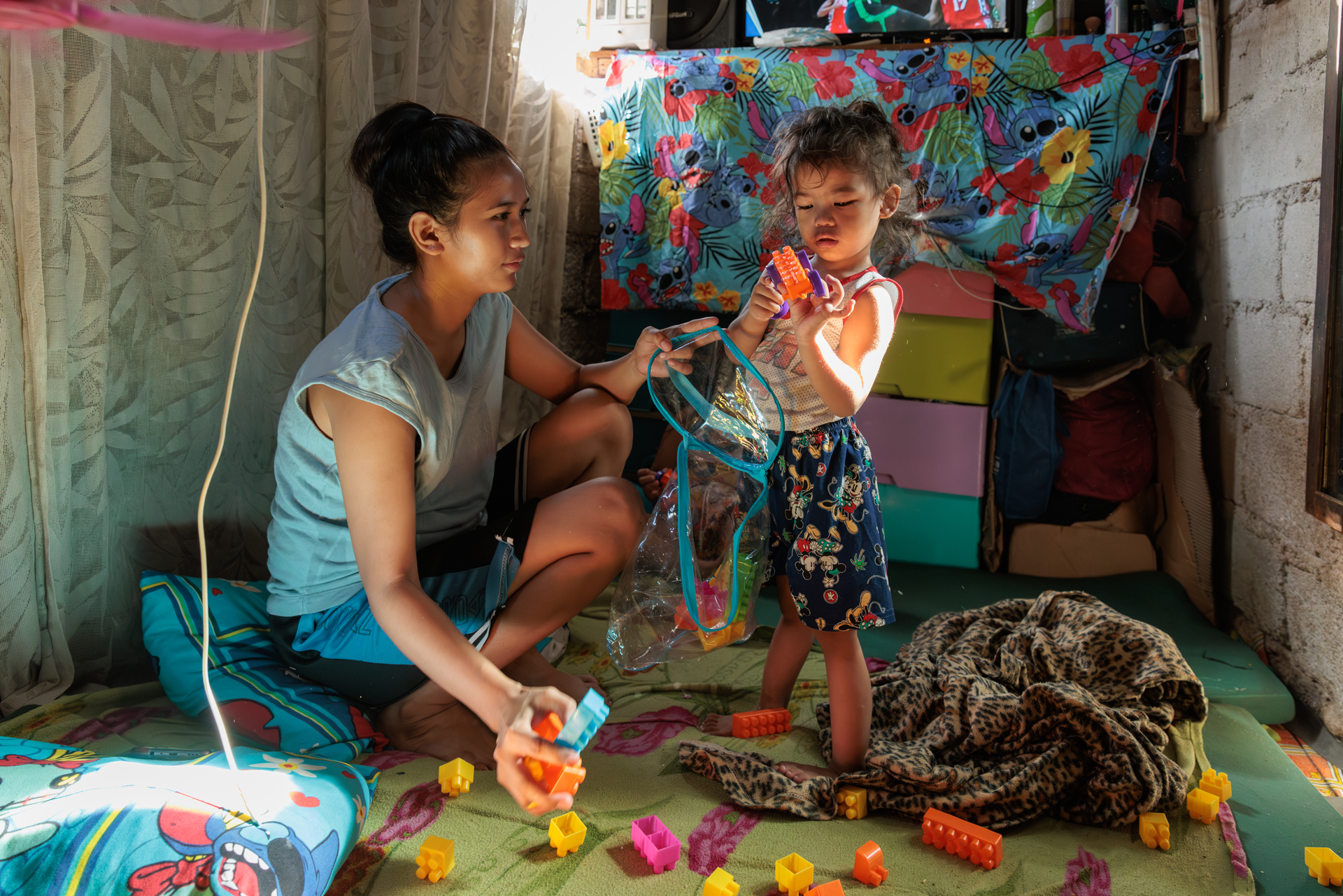
Ronita with her son Egzy in their home in the Philippines. Photo: Richard Wainwright/Caritas Australia
The flow-on effects of living in poverty for Ronita
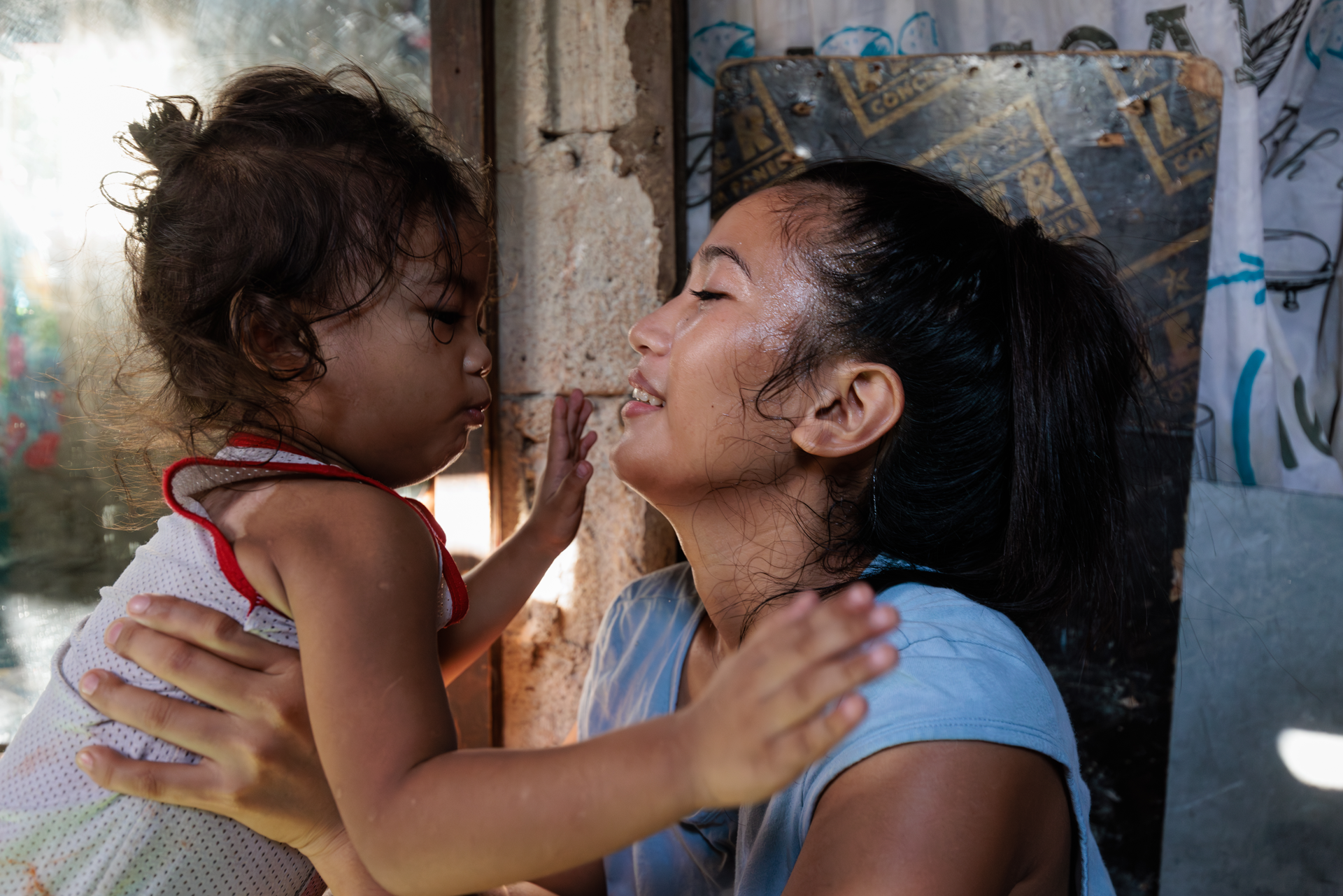
Ronita and her son, Egzy Grey, in their home in the Philippines. Photo: Richard Wainwright/Caritas Australia
Health
Ronita’s health was impacted by poverty and she would sometimes skip meals. Her children would also often get sick.
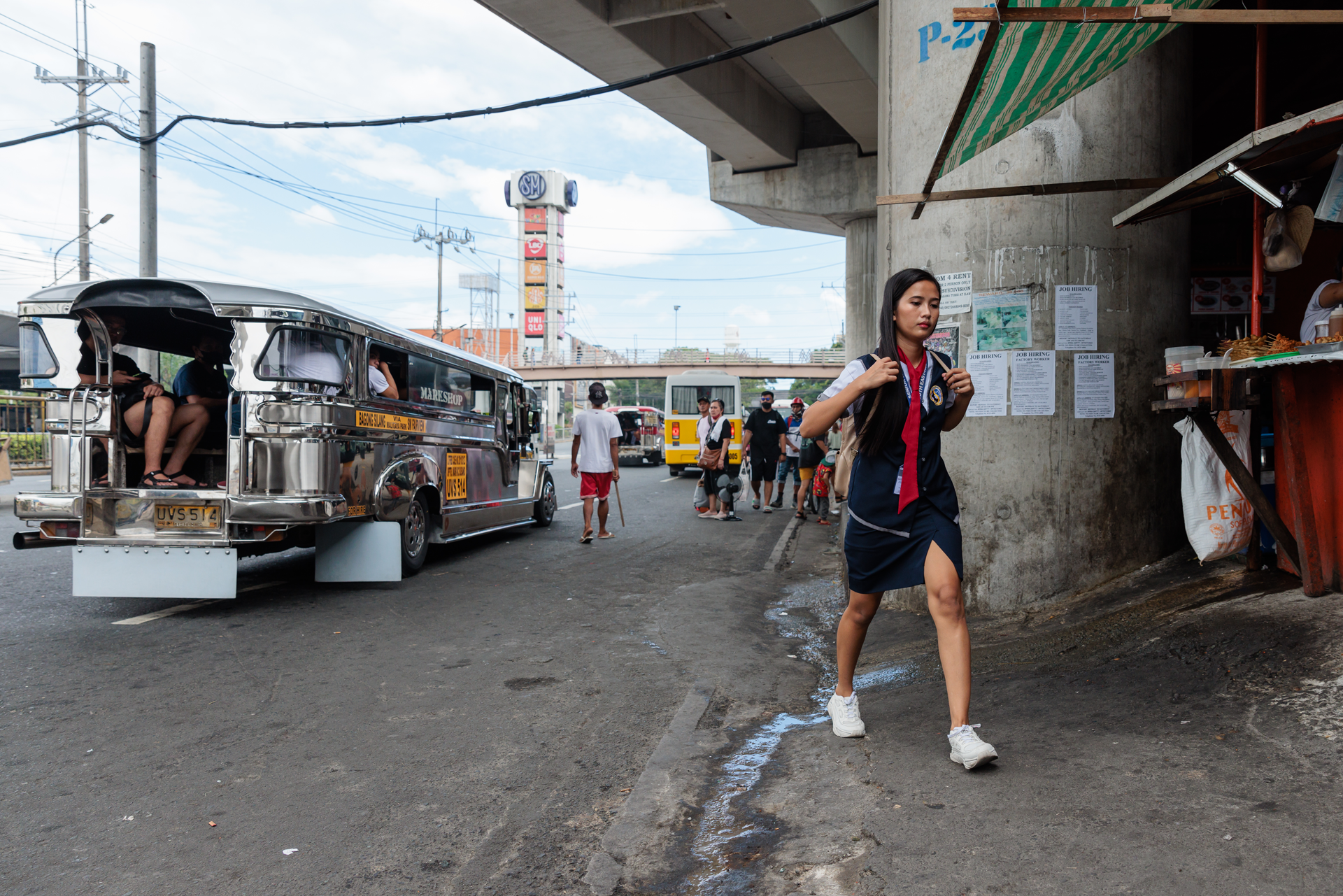
Ronita (22), in her school uniform, walks down a local street in Quezon City, Philippines, on her way to school. Photo: Richard Wainwright/Caritas Australia
Education
Ronita was bullied at school by other kids and teachers for not being able to afford clean uniforms. She later had to quit school early after becoming pregnant.
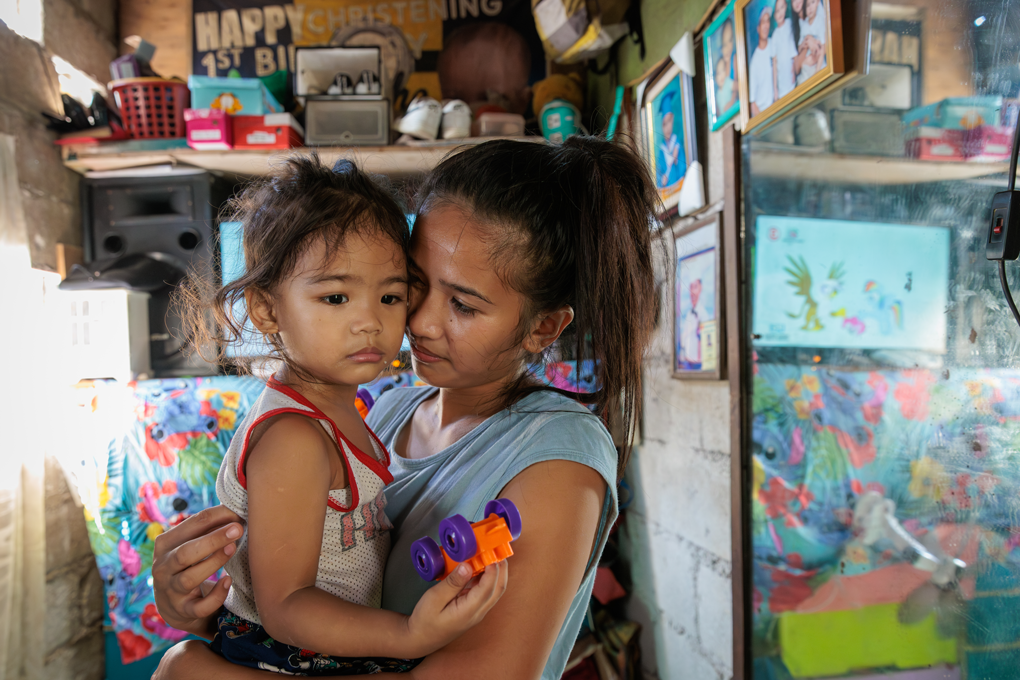
Ronita and her son, Egzy Grey, in their home in the Philippines. Photo: Richard Wainwright/Caritas Australia
Unplanned Pregnancy
Ronita became pregnant when she was studying high school. When she later gave birth to her second child, she was at risk of leaving school permanently.
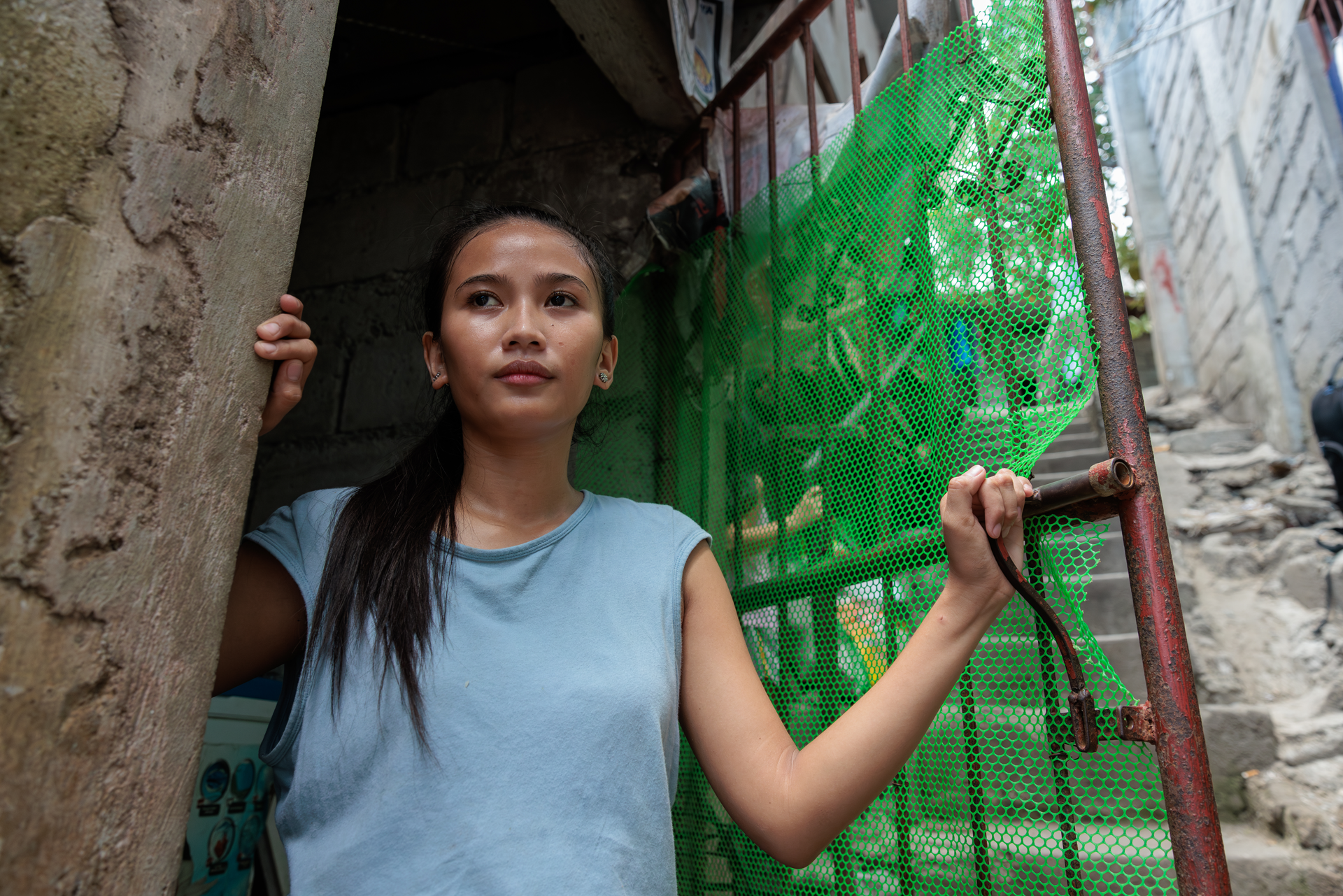
Ronita outside her home in the Phillippines. Photo: Richard Wainwright/Caritas Australia
Quality of life
Ronita’s husband works seven days a week, from 3am to 9pm each day, earning an estimated equivalent of only $10AUD a day. They can only afford a 10 square metre brick room to live in.
“I got bullied because my brother was a garbage collector,” she says. “People told me I smelled like trash and my shirts were dirty.”

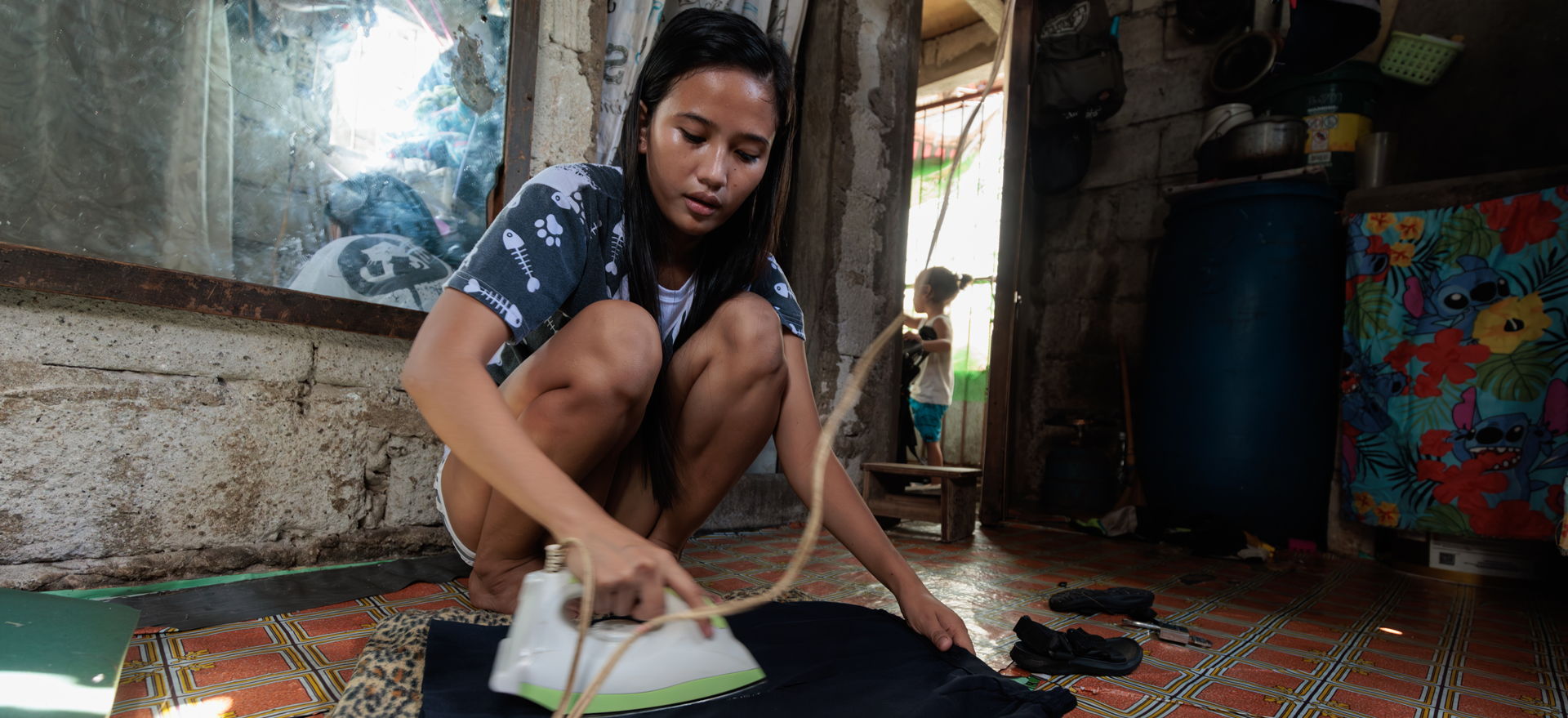
Ronita ironing clothing in her home in the Philippines. Photo: Richard Wainwright/Caritas Australia
Ronita's family struggled with a lack of income.
Ronita’s husband would earn under 370 pesos a day, which is under the minimum wage, working an unrelenting 7 day week from 3am to 9pm.
The Australian equivalent is $10 per day.
A snapshot of Ronita's life
$10 AUD
per day is how much Ronita's family of four would survive on.
10 square metre
small brick room was the size Ronita, her husband and two children would live in.
7 days per week
from 3am to 9pm each day was how often Ronita’s husband had to work.












